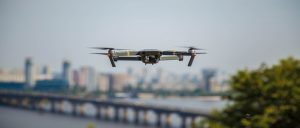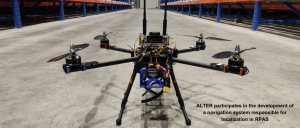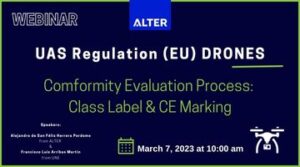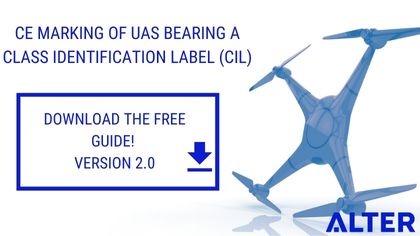With the development of the drone sector, many people are willing to work as UAS pilots doing different activities such as emergencies search and rescue, fire-fighting support, borders control, and surveillance, or even military operations. These are non-EASA activities and are under the supervision and responsibility of a Member State. These operations are excluded from the scope of Regulation (EU) 2018/1139 of the European Parliament and the Council and included in the scope of the local regulation.
To fly a UAS carrying out the mentioned activities, remote pilots must meet the following requirements:
- to be at least 18 years old
- to have a medical certificate issued by an aeronautical, medical center or by an authorized aero-medical examiner
- to have the necessary theoretical knowledge recognized by one of the following means:
- to hold any pilot license issued following the current regulations and have not been deprived of it by a sanction procedure
- military licenses of manned aviation for pilots of the armed forces
- a certificate for having passed the exams for the totality of the theoretical knowledge required for an EASA pilot license, issued by an ATO approved by AESA, EASA, or any Aviation Authority of any EASA Member State; or, in the case of the Spanish light aircraft’s pilot license, an individual certificate of APTITUDE issued by AESA after completion of the corresponding official theoretical knowledge examination;
- a valid STS remote pilot theoretical knowledge certificate under Implementing Regulation (EU) 2019/947;
- the possession of one of the following certificates issued by a training organization (ATO), gliding school, or ultra-light aircraft’s training school in the case of an aircraft of maximum take-off mass not exceeding 25 kg:
- a basic certificate for piloting remotely piloted aircraft, for flying within visual pilot range (VLOS).
- For flights beyond the visual line of sight (BVLOS) or operations with an extended visible line of sight (EVLOS), an advanced certificate for piloting remotely piloted aircraft shows knowledge of air traffic services and advanced communications.
- To have the necessary practical knowledge stated by:
- a certificate obtained after passing a suitable training course issued by the organization providing the system once the final flight test has been given;
- The training accreditation of practical skills training for national standard scenarios issued by an entity recognized by EASA or a UAS operator was declared to provide the training assessment.
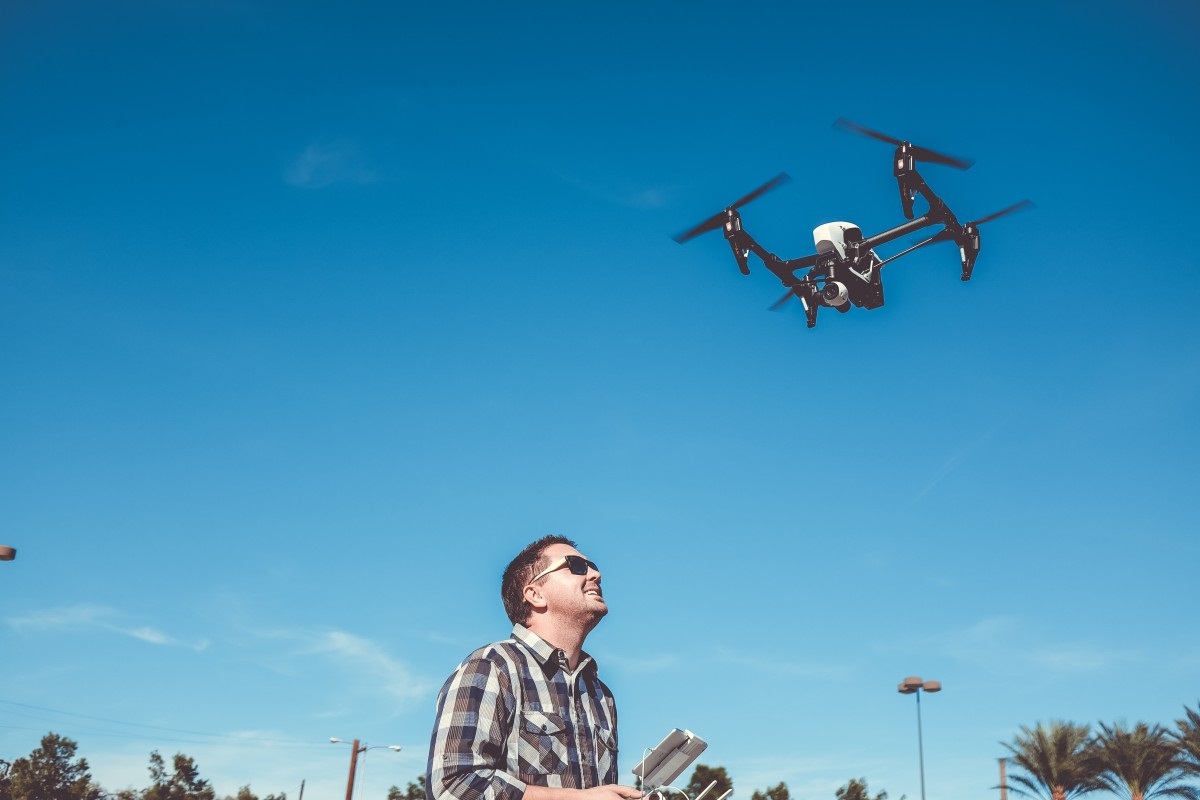
An updated version of Appendix I, on Acceptable Means of Compliance related to the Training and Certification of pilots operating UAS will be published shortly in the BOE (Official State Gazette), for its immediate application in Spain.

